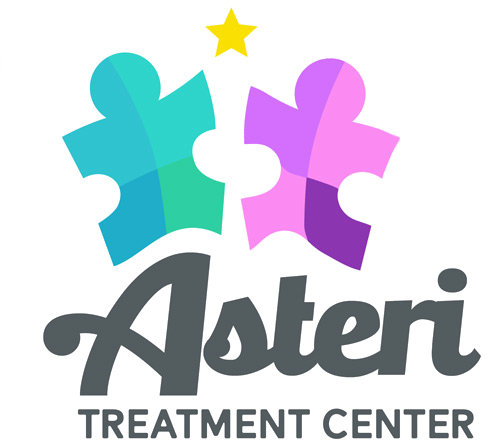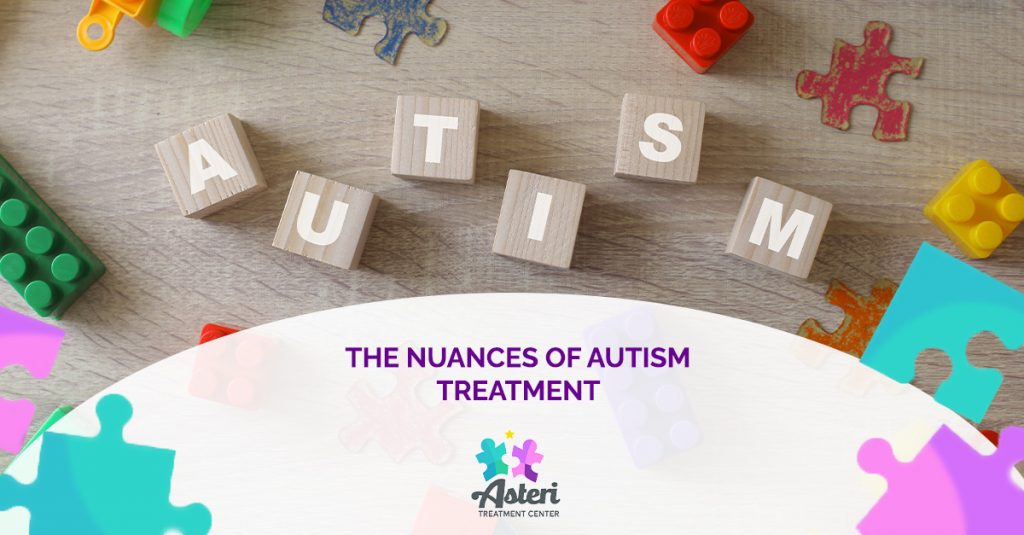Autism Spectrum Disorder (ASD) is a neurodevelopmental condition characterized by challenges in social interaction, communication, and behavior. While every individual with autism is unique, the journey toward personal growth and fulfillment often includes therapy tailored to their specific needs. Autism treatment encompasses a broad range of approaches designed to enhance skills, reduce challenges, and support individuals in leading fulfilling lives. By focusing on strengths while addressing areas of need, therapy plays a pivotal role in empowering those on the autism spectrum.
One of the most well-known therapies for autism is Applied Behavior Analysis (ABA). Rooted in behavioral science, ABA focuses on understanding the relationships between actions, consequences, and the environment. Through positive reinforcement and other techniques, ABA helps individuals build communication, social, and life skills while reducing behaviors that may hinder progress. This therapy is highly individualized, with goals and strategies tailored to the person’s unique strengths, preferences, and developmental stage. The flexibility and evidence-based nature of ABA make it a cornerstone for many families seeking support for autism.
Knowing the Different Autism Treatment Options
Speech and language therapy is another essential avenue of support, particularly for individuals with communication challenges. This form of therapy helps develop skills ranging from basic speech production to advanced conversational abilities. For nonverbal individuals, speech therapists may introduce augmentative and alternative communication (AAC) methods, such as picture exchange systems or speech-generating devices, to facilitate effective communication. The ability to express needs and connect with others is transformative, enabling greater participation in everyday life.

Occupational therapy (OT) addresses the physical, sensory, and motor challenges often associated with autism. Through OT, individuals can develop fine motor skills, sensory regulation, and independence in daily activities. For instance, a child who struggles with sensory overload might learn techniques to self-regulate, such as using noise-canceling headphones or engaging in calming activities. Occupational therapists often incorporate play-based strategies to make therapy enjoyable and engaging while targeting developmental milestones.
Social skills training is particularly valuable for individuals on the autism spectrum who face challenges in navigating social interactions. Therapists may use role-playing, group activities, and structured exercises to teach skills like taking turns, reading social cues, and maintaining conversations. The goal is to foster meaningful relationships and build confidence in social situations, which are crucial for long-term success and well-being.
CBT Therapy at Asteri Behavioral Treatment Center
For some individuals, cognitive-behavioral therapy (CBT) can help address co-occurring challenges such as anxiety or rigid thinking patterns. CBT focuses on understanding and modifying thought patterns to influence behavior positively. This approach empowers individuals to manage stress, adapt to change, and develop problem-solving skills. It can be particularly helpful for older children, teens, and adults who are navigating the complexities of school, work, or relationships.
Family involvement is a key component of effective autism therapy. Parents and caregivers often work closely with therapists to reinforce learning at home and in the community. This collaborative approach ensures that therapeutic progress extends beyond structured sessions, creating a supportive environment where skills can flourish.
The diversity of autism therapies reflects the complexity and individuality of the condition. While some individuals may thrive with a combination of therapies, others might find success with a single, targeted approach. The most important factor is personalization—understanding each person’s unique strengths, challenges, and goals to create a therapy plan that supports their journey.
Learn More Today
Autism therapy is about more than addressing challenges; it’s about unlocking potential and building a foundation for a fulfilling life. To inquire about our treatment options, contact the Asteri Treatment Center by email, or reach us by phone at (800)400-9748.

